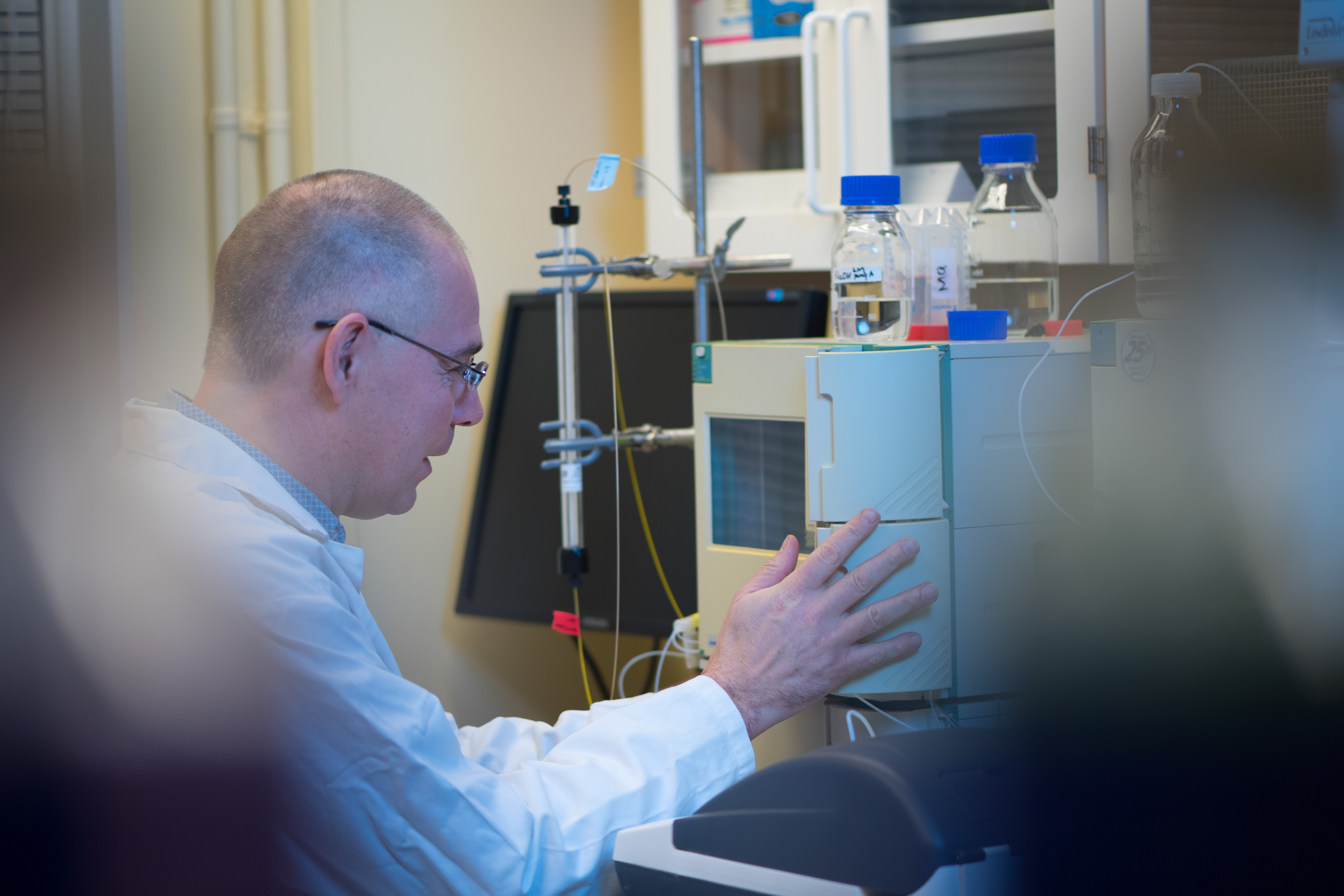Treating Elevated Blood Lipids
Medications for elevated blood fats, like statins, have been available for a long time. Many individuals take them both as a preventive measure and following events such as a heart attack.
However, even when the "bad" LDL cholesterol decreases, it's not always adequate to prevent disease. Moreover, the effect on triglycerides is often insufficient. Despite many patients successfully lowering their LDL levels so much that they should no longer pose a risk, numerous cases of cardiovascular disease persist.

Great Need for New Medicines
Elevated triglyceride levels are often linked to insufficient activity of the enzyme lipoprotein lipase (LPL). This enzyme is essential for breaking down triglycerides, ensuring they are rapidly removed from the bloodstream to reduce disease risk.
Lipigon's research has shown that the body typically produces more lipoprotein lipase than is activated, meaning there's always potential reserve enzyme capacity. However, this activity is inhibited by control proteins, one of which is ANGPTL4. When ANGPTL4 binds to lipoprotein lipase, the enzyme's ability to break down triglycerides diminishes.
The drug candidate, Lipisense®, works by specifically targeting and inhibiting the production of ANGPTL4. By blocking ANGPLTL4, LPL activity increases, leading to the breakdown of triglycerides.
There are various diseases characterized by significantly elevated triglycerides where Lipisense® could be beneficial. These range from the very rare genetic disorder, familial chylomicronemia (FCS), to the more prevalent condition, severe hypertriglyceridemia (SHTG).
Reducing triglyceride levels can mitigate the risks of acute pancreatitis, cardiovascular disease, type 2 diabetes, and fatty liver disease. This suggests a potential future expansion for the treatment's scope.